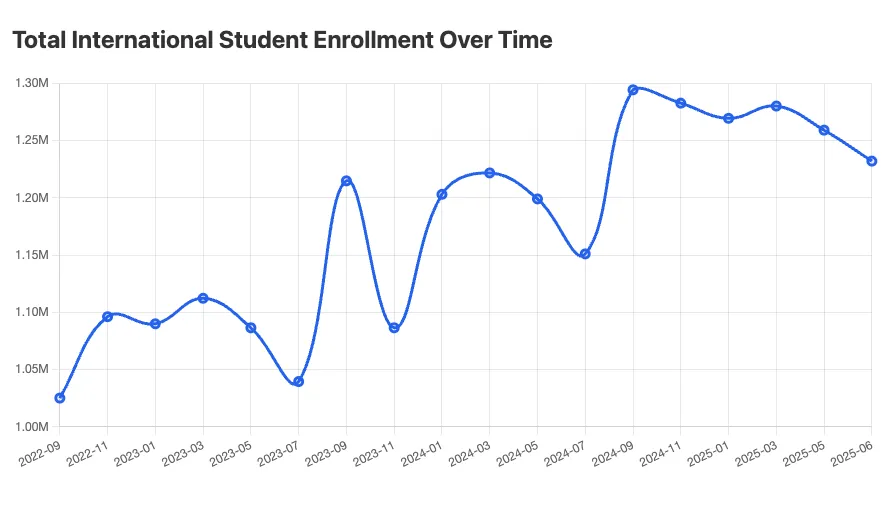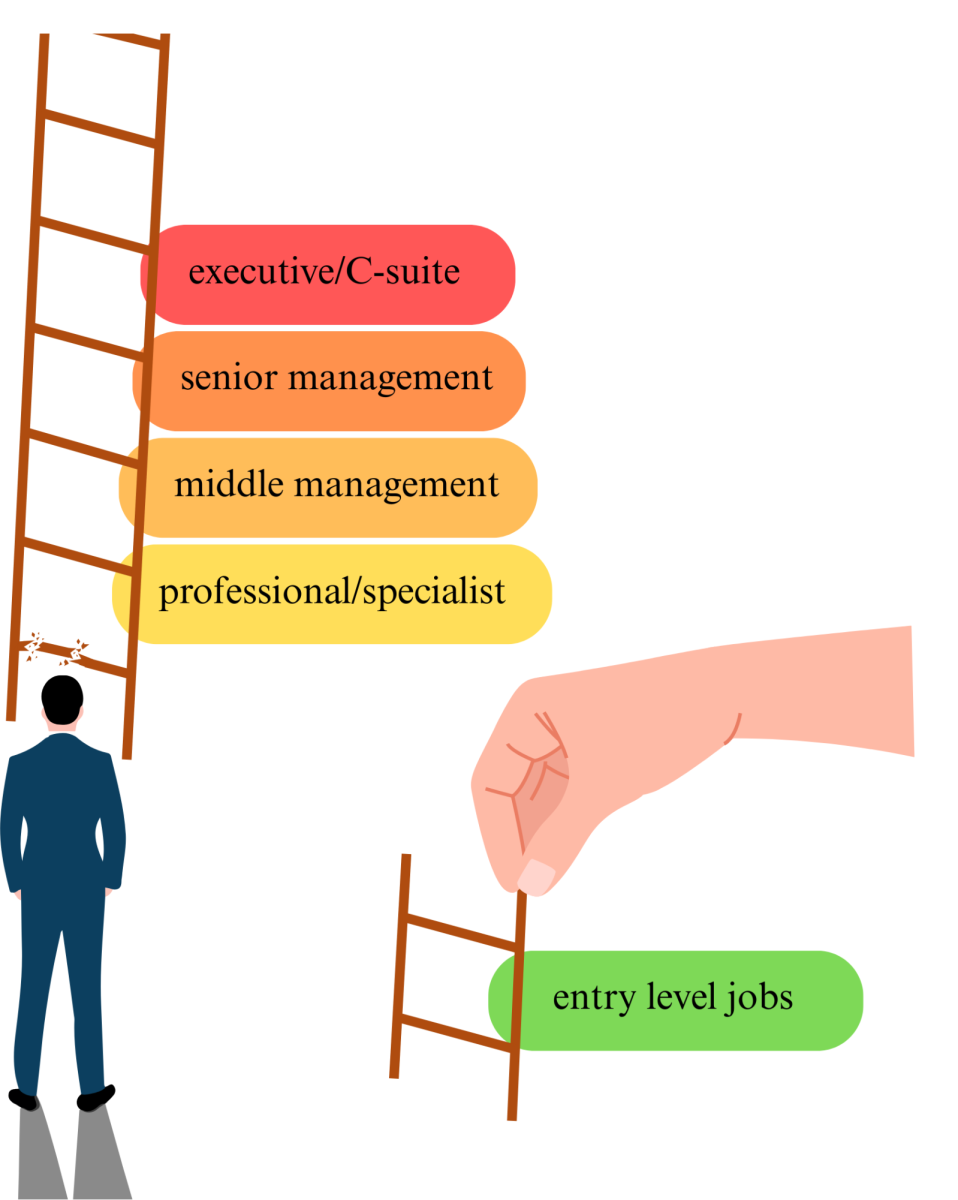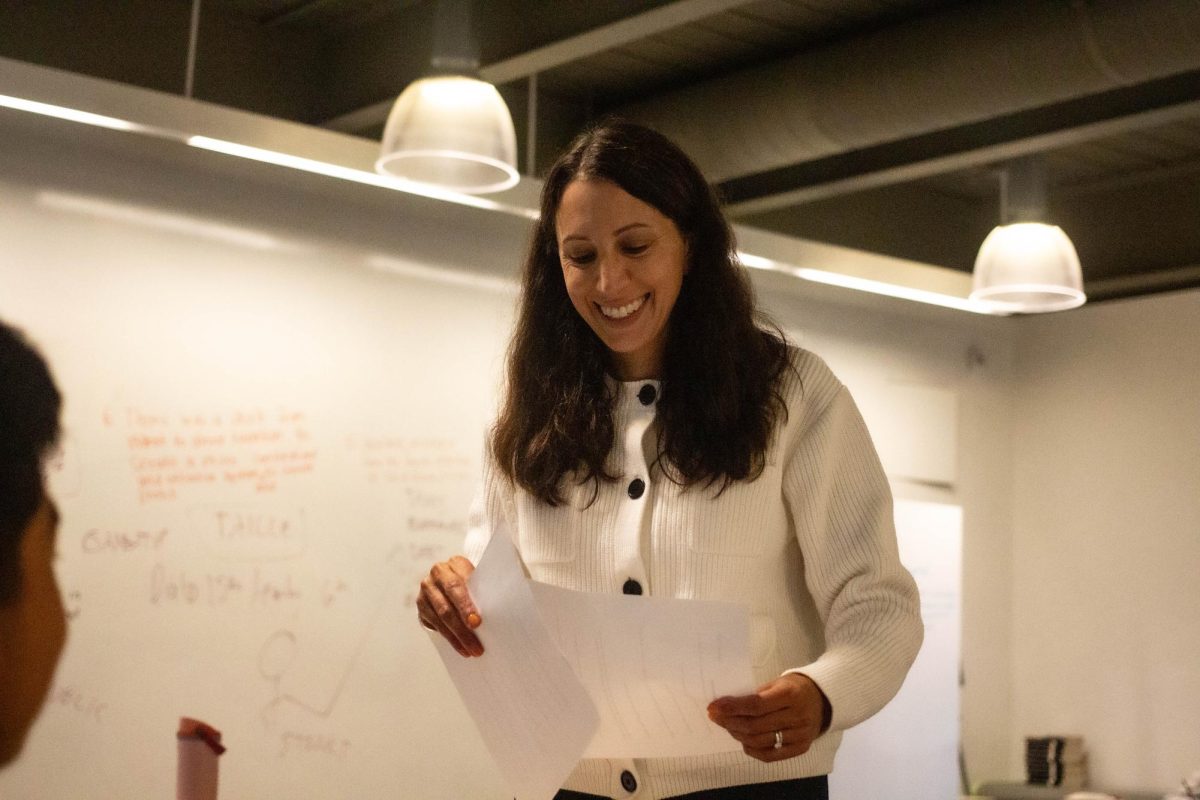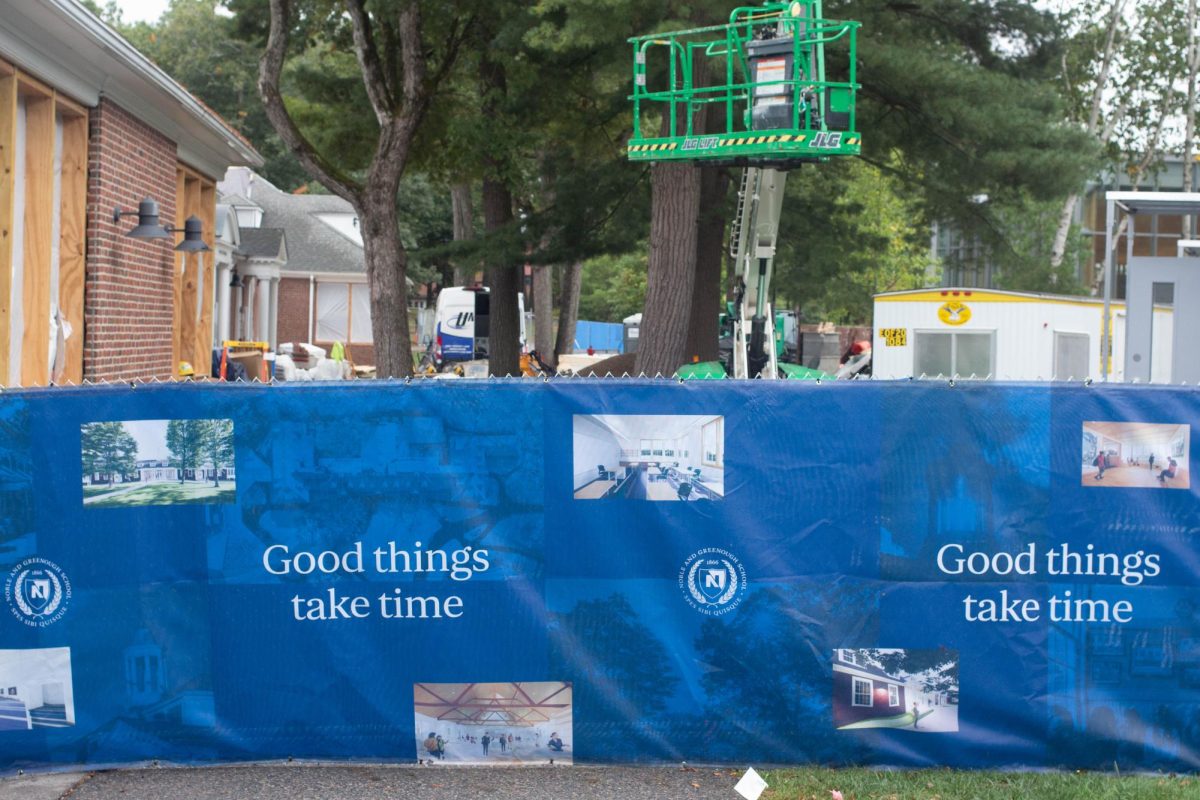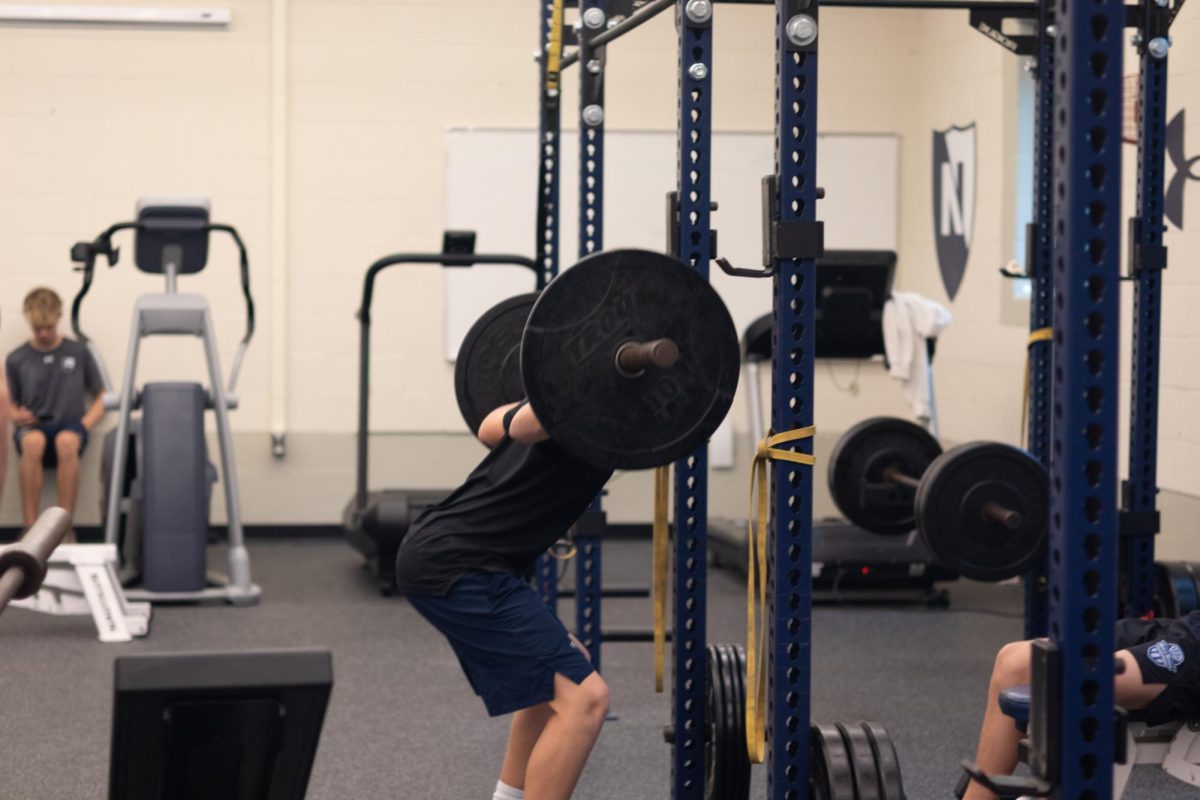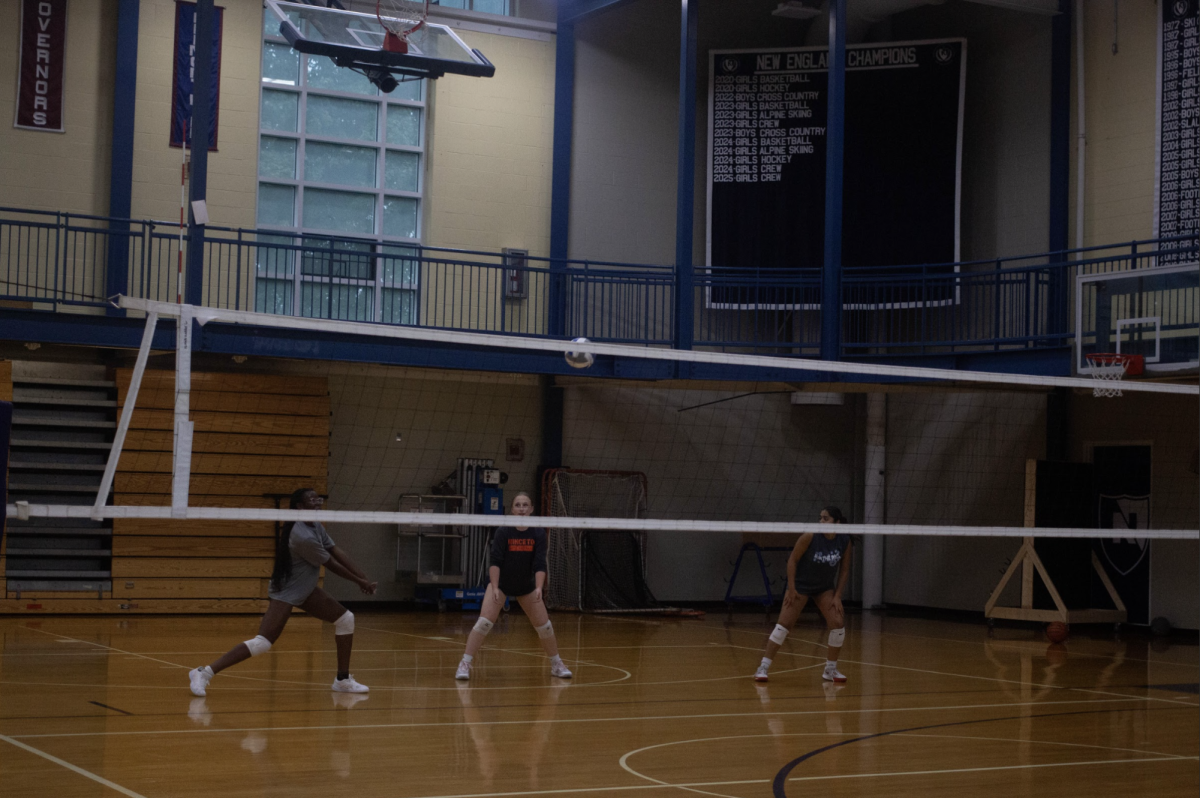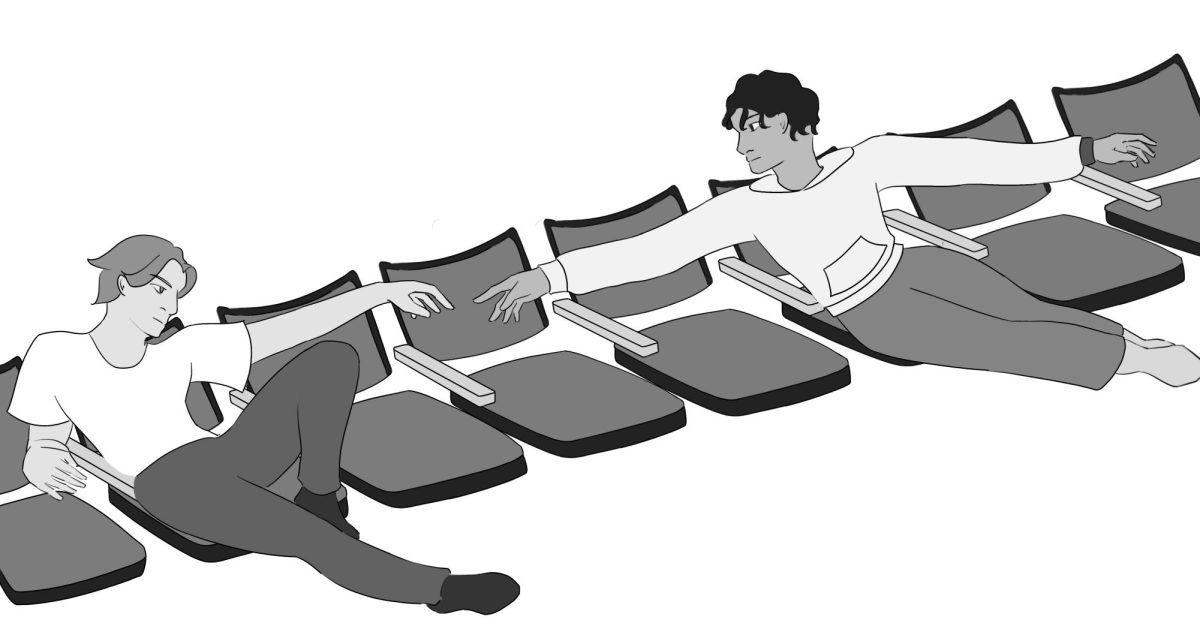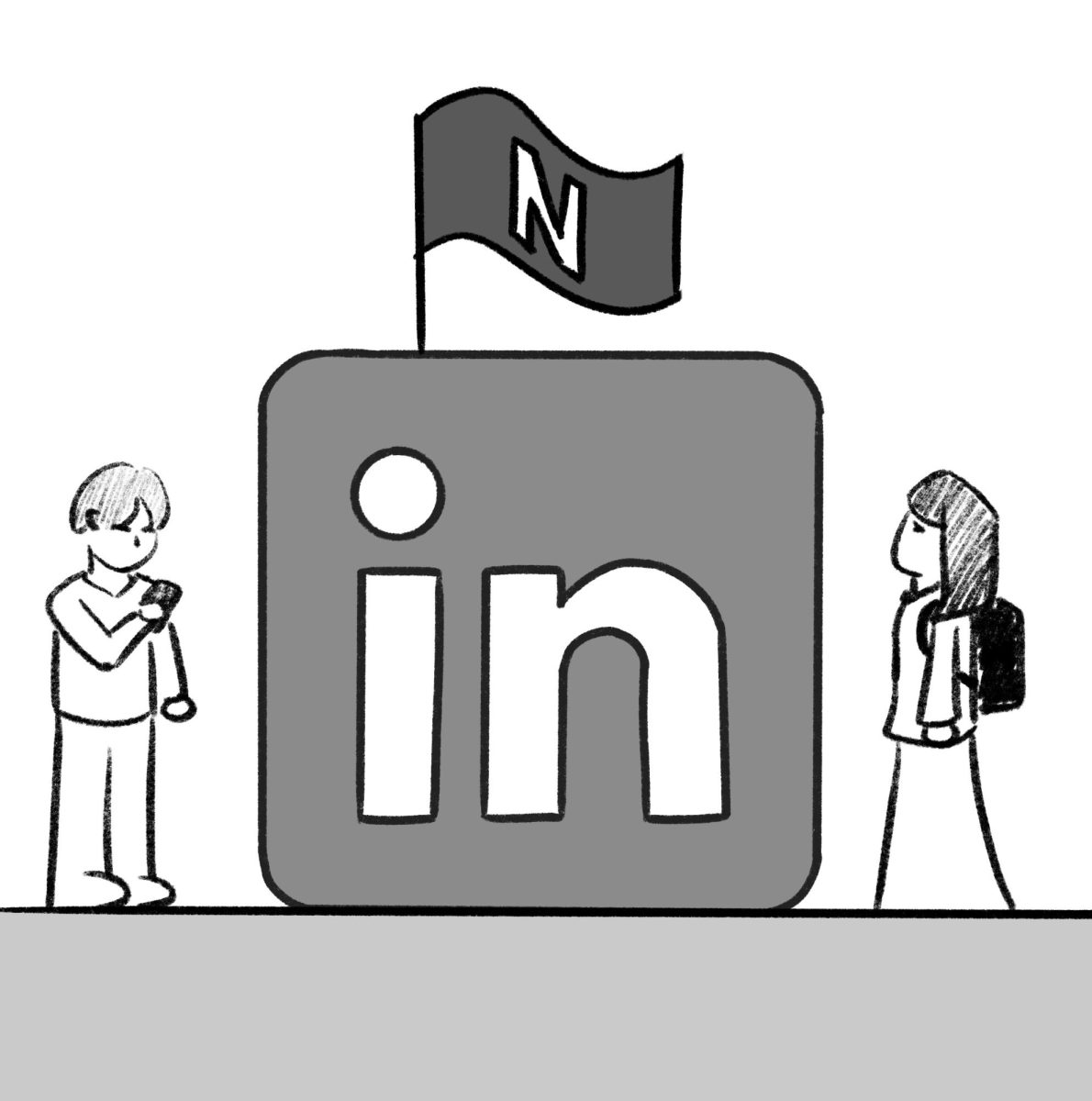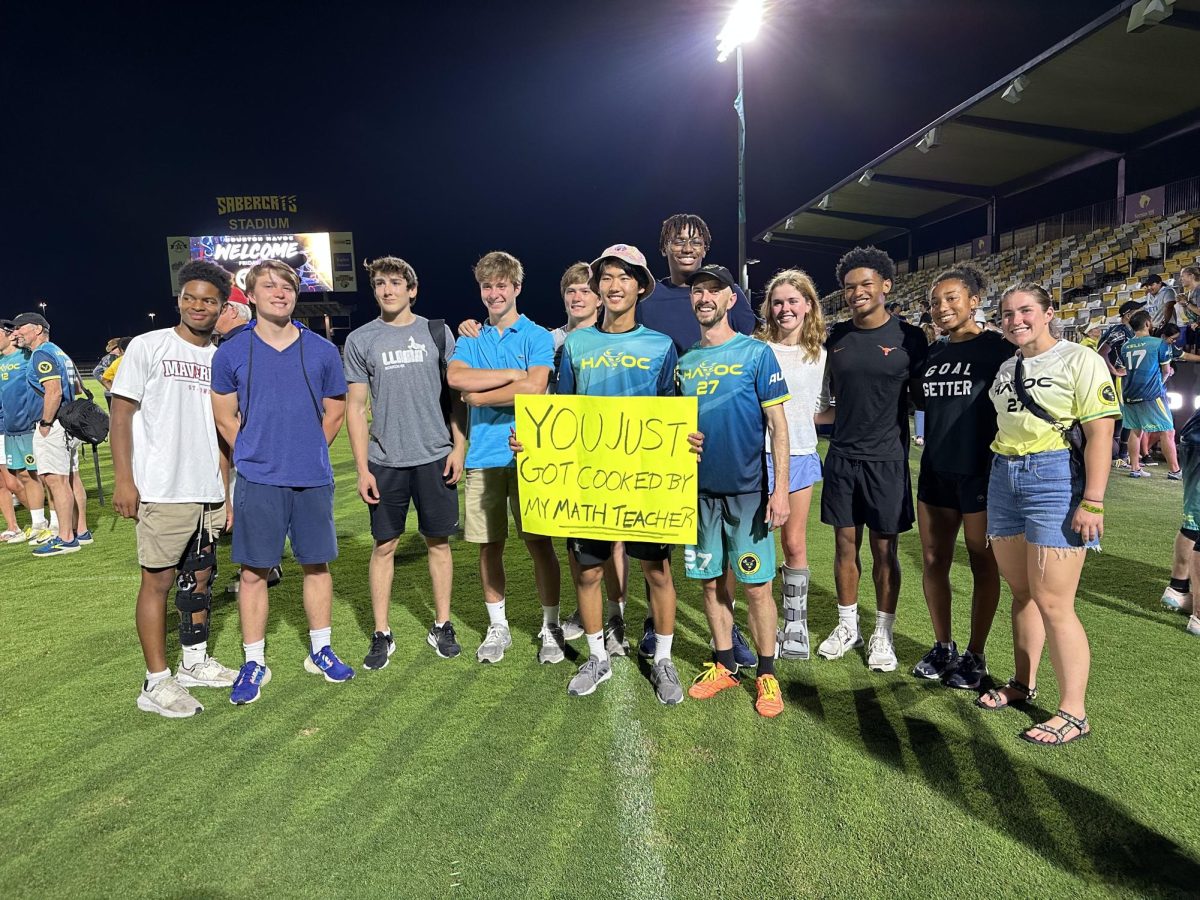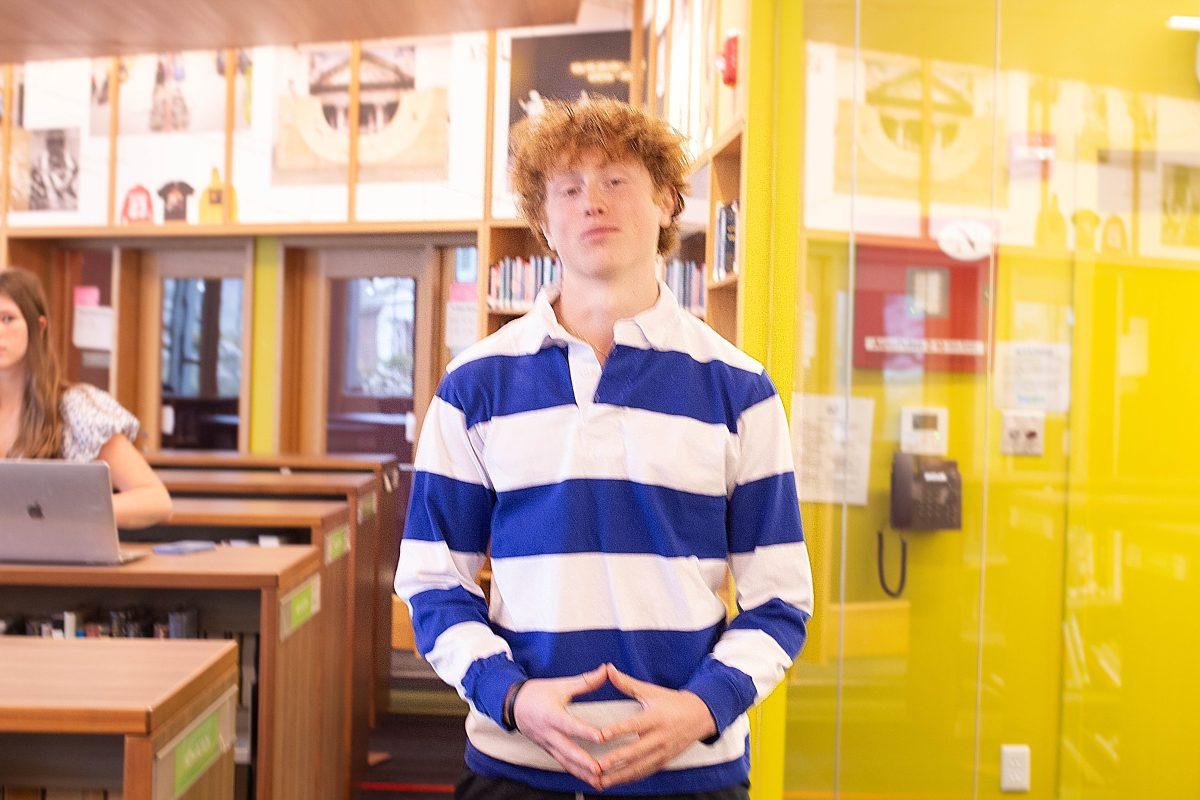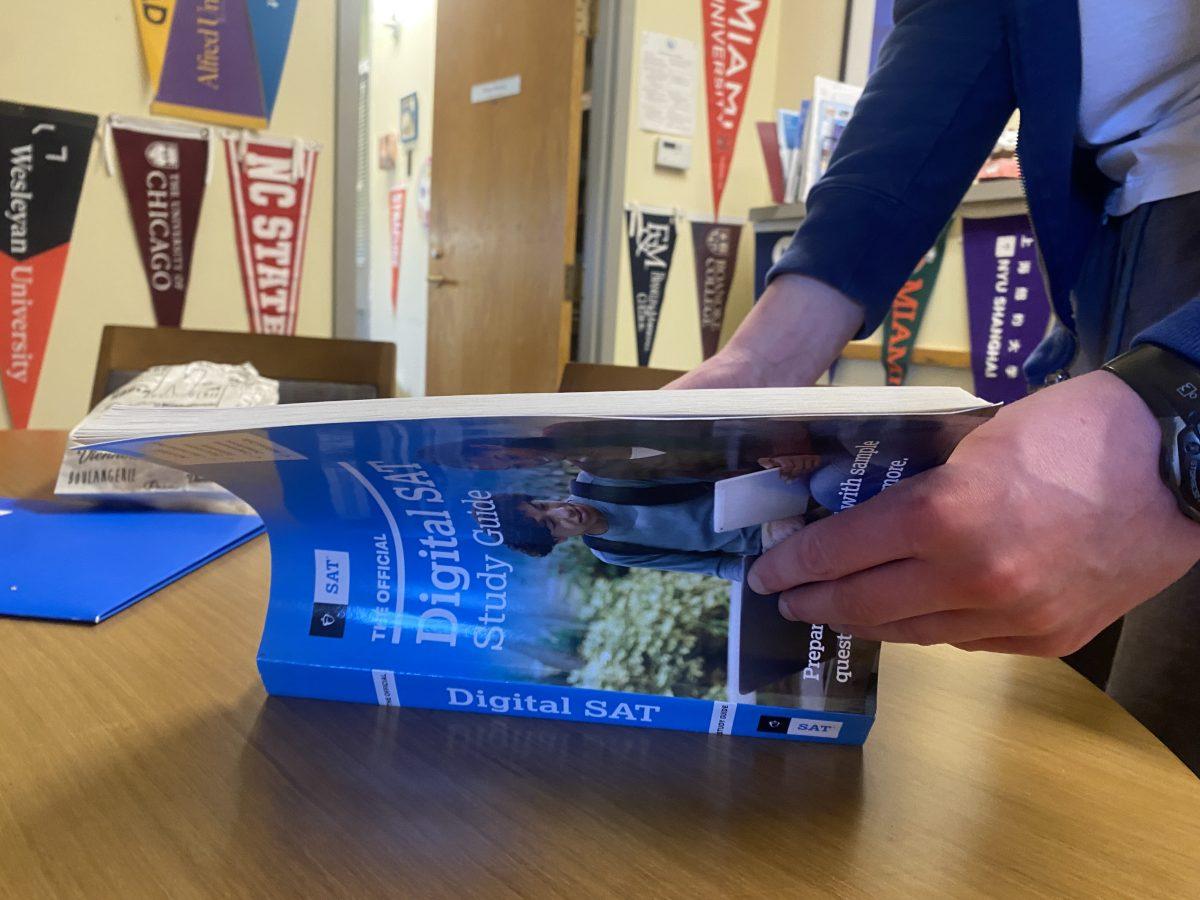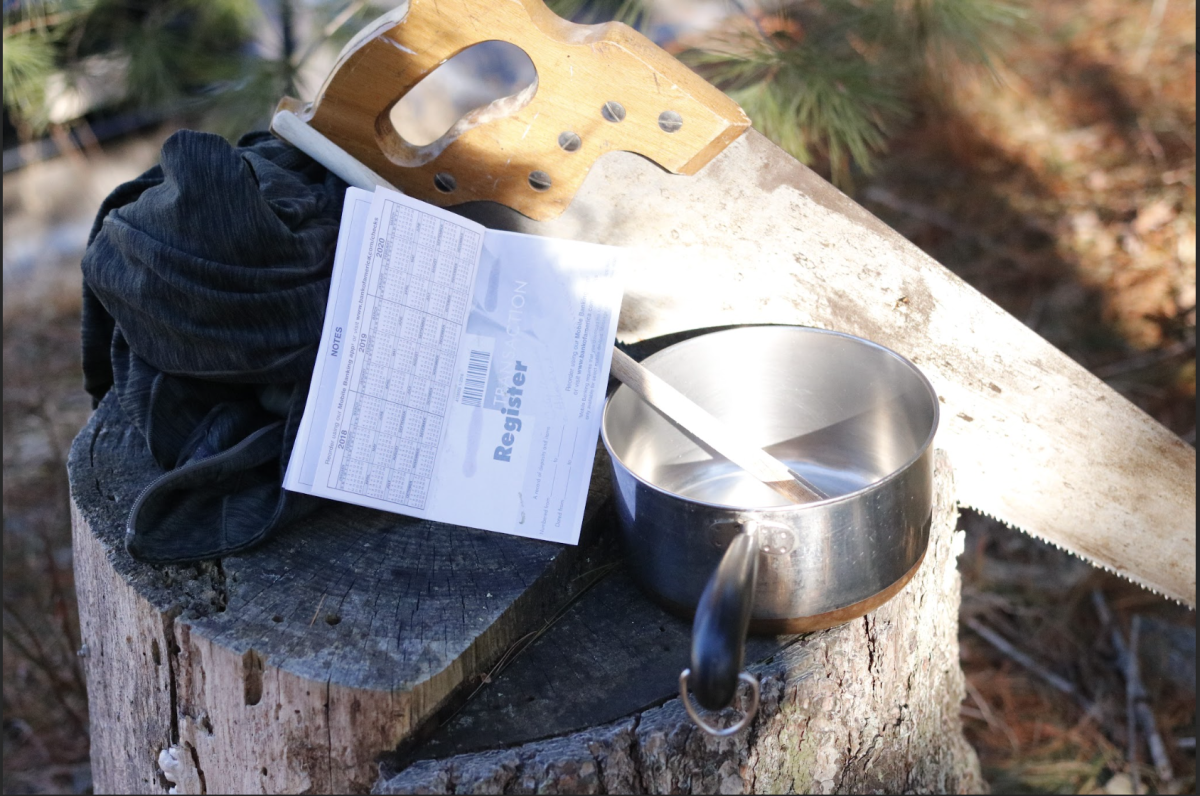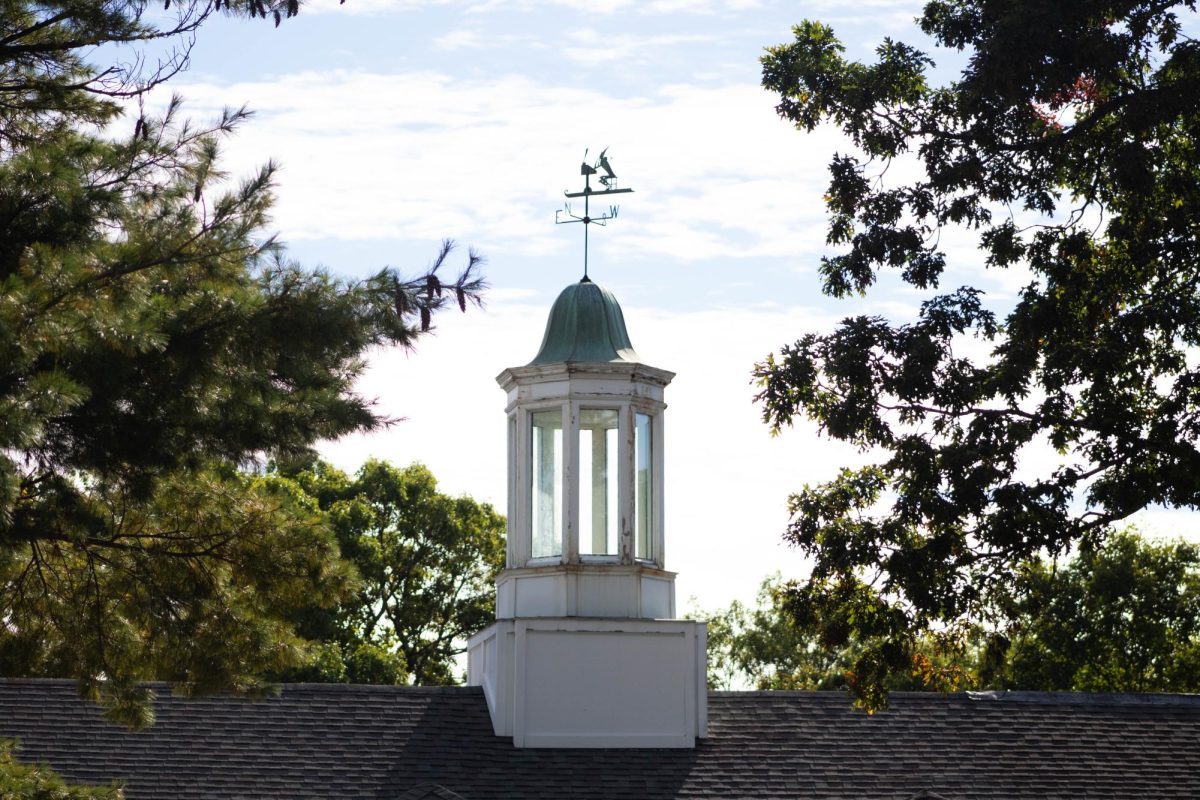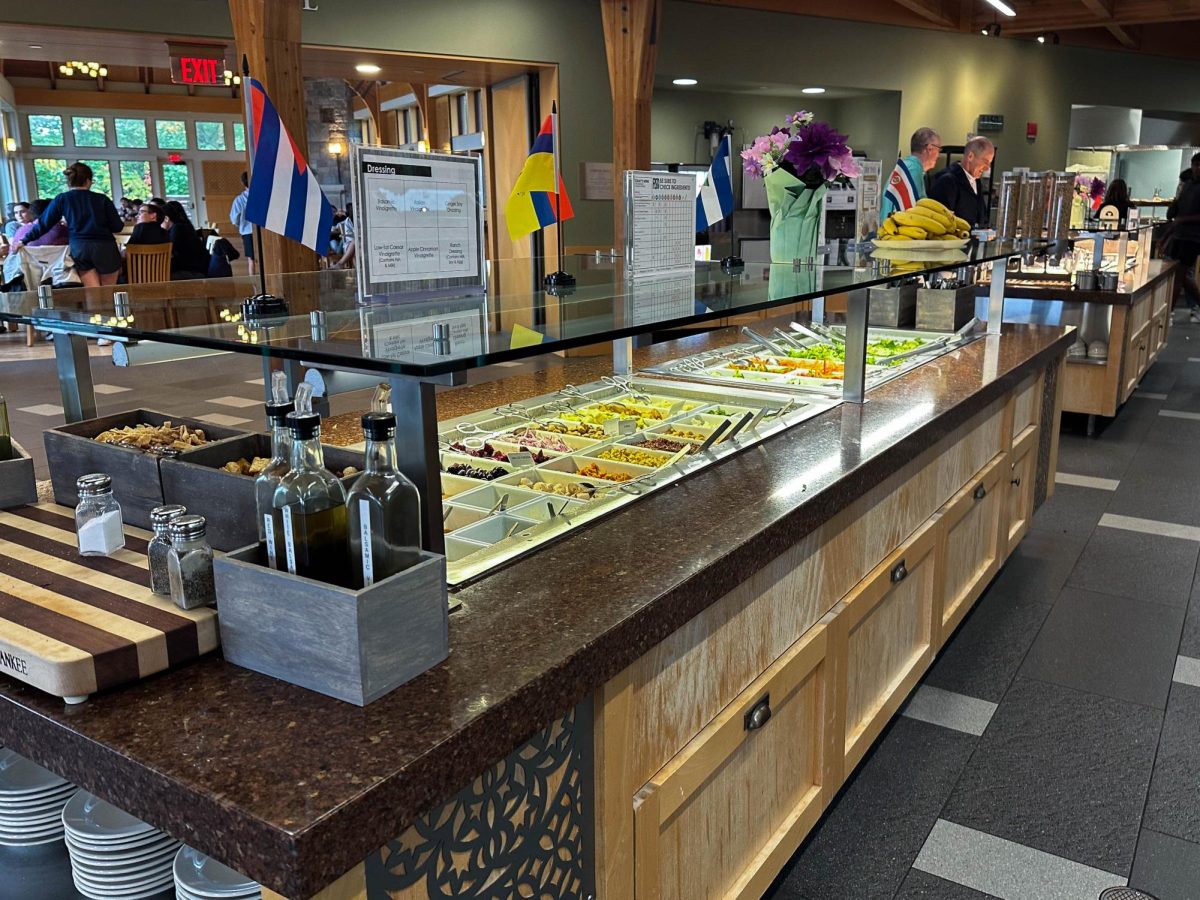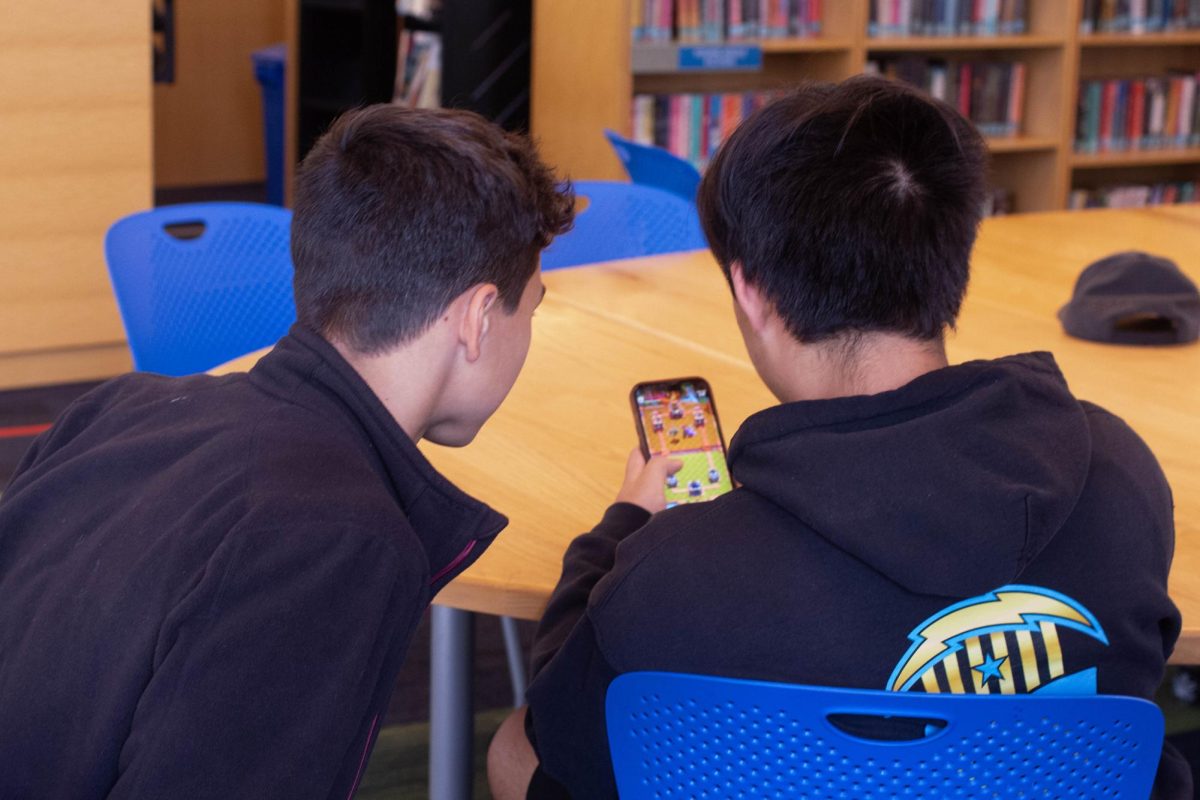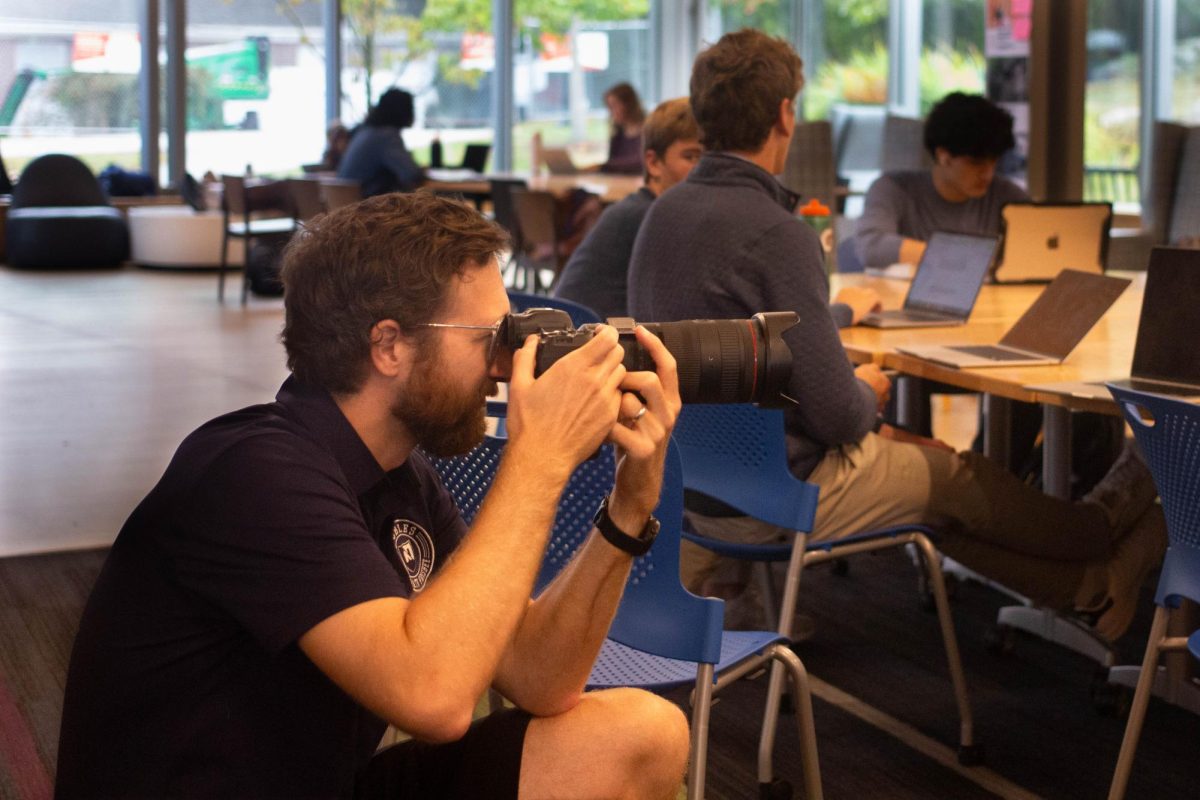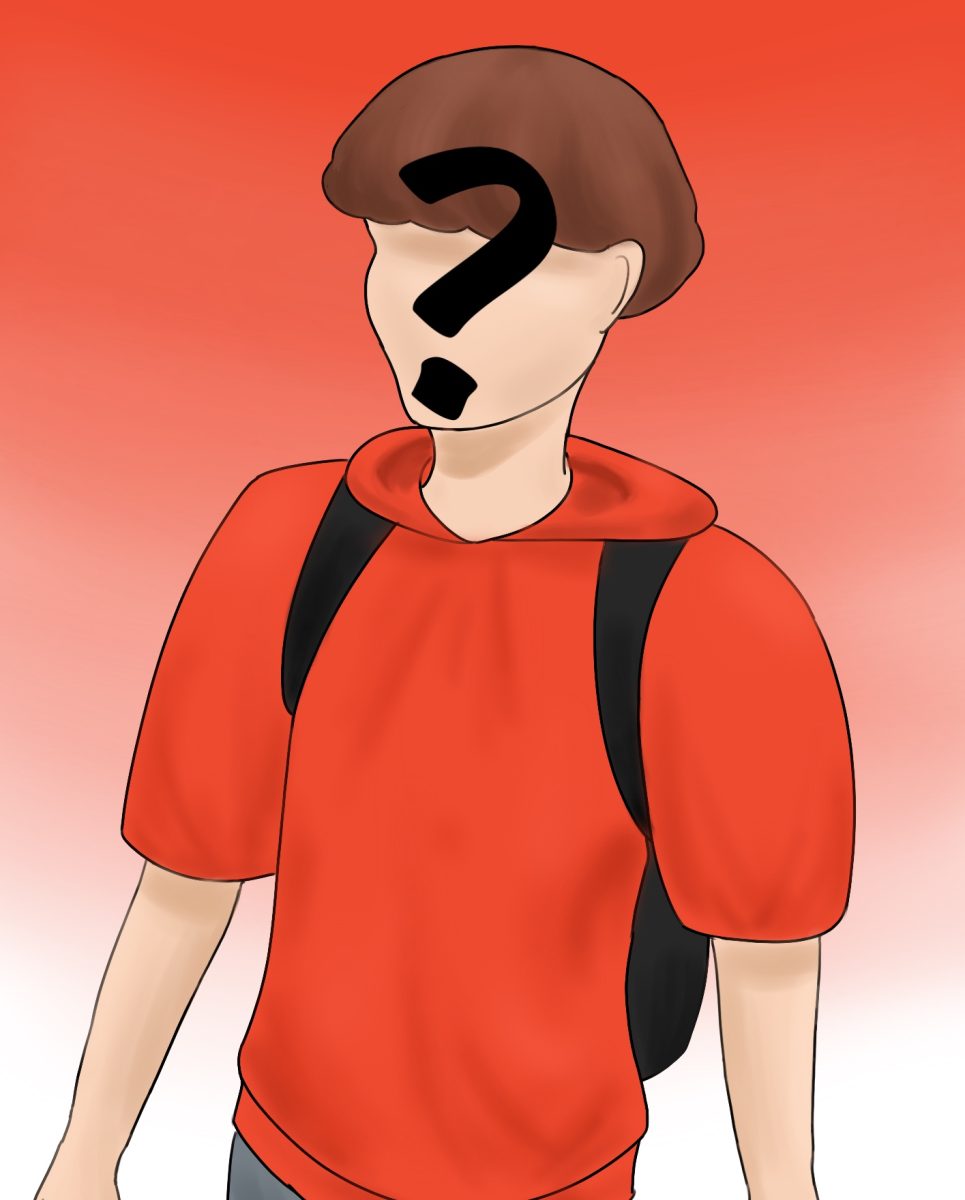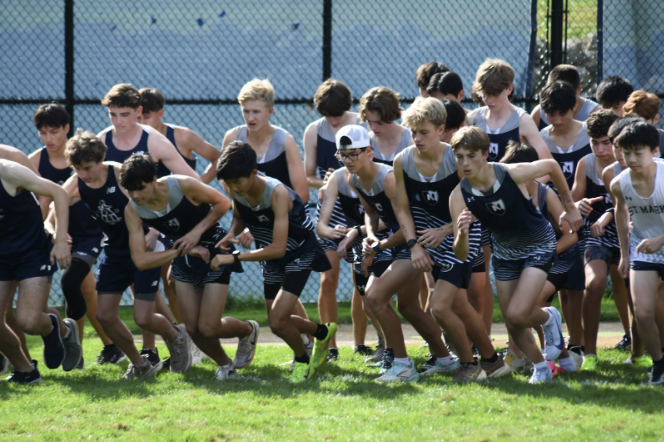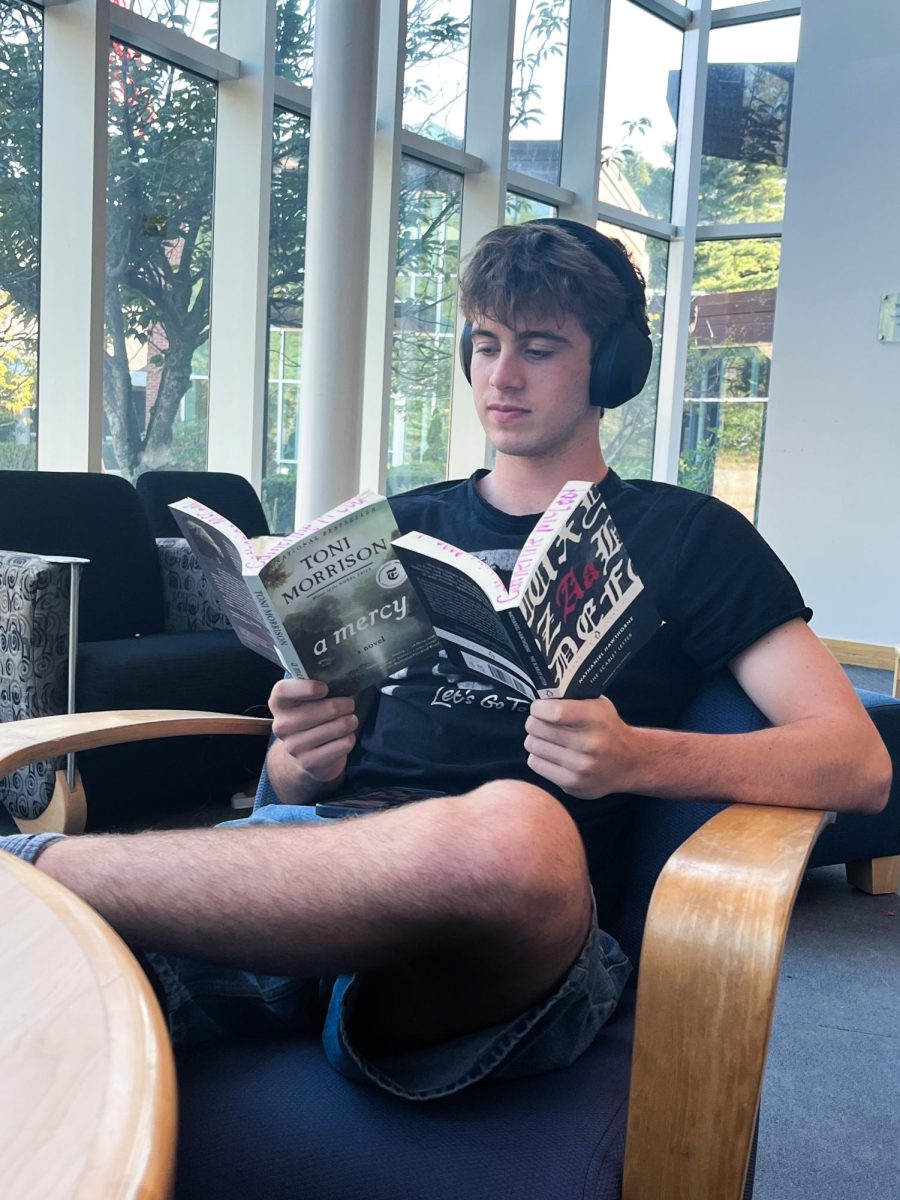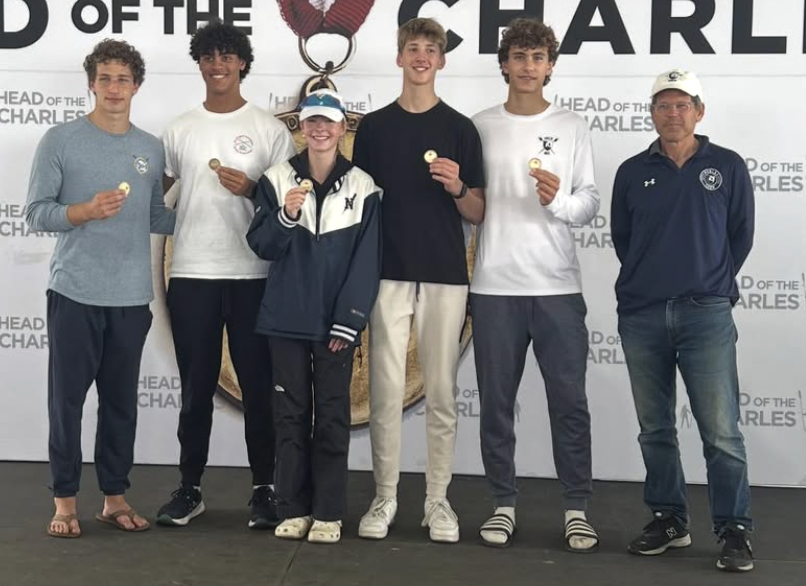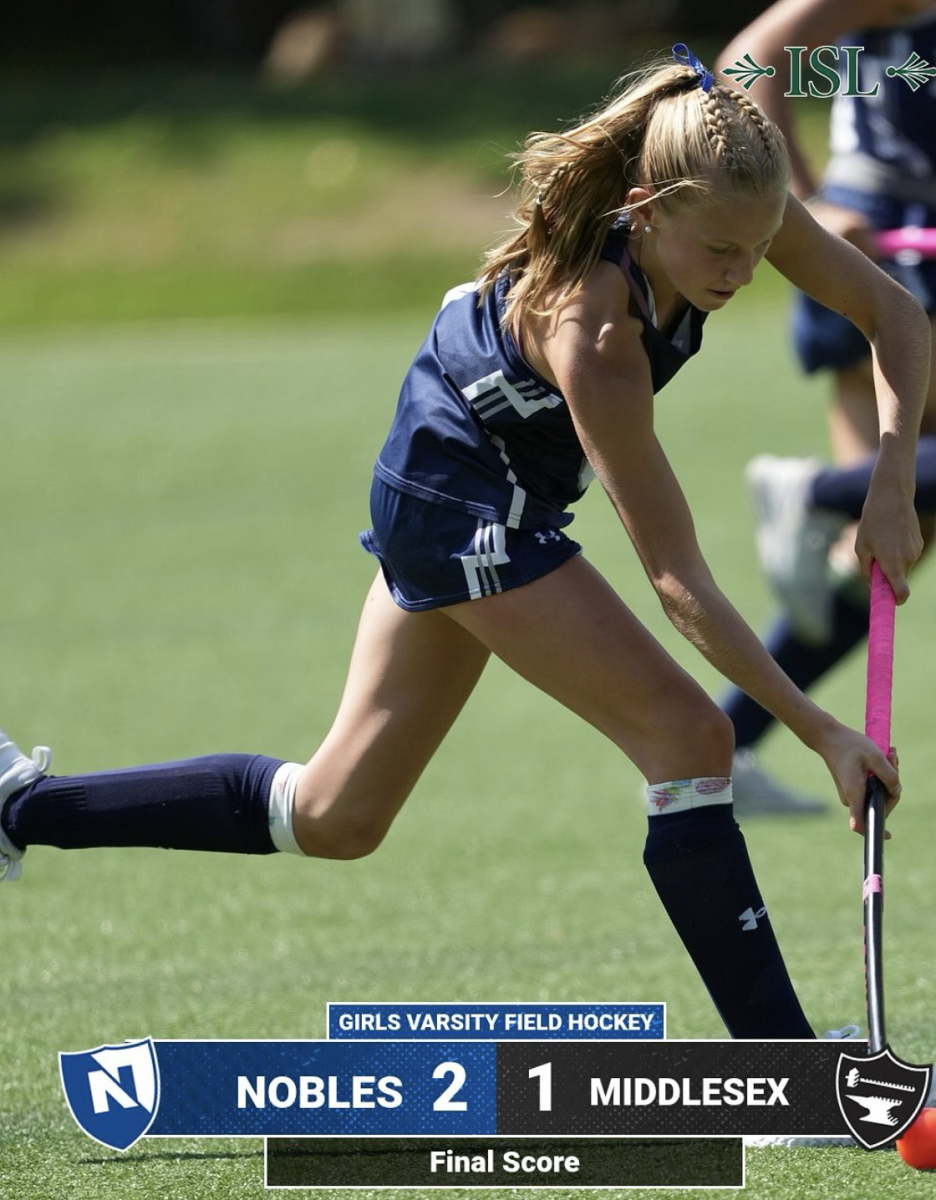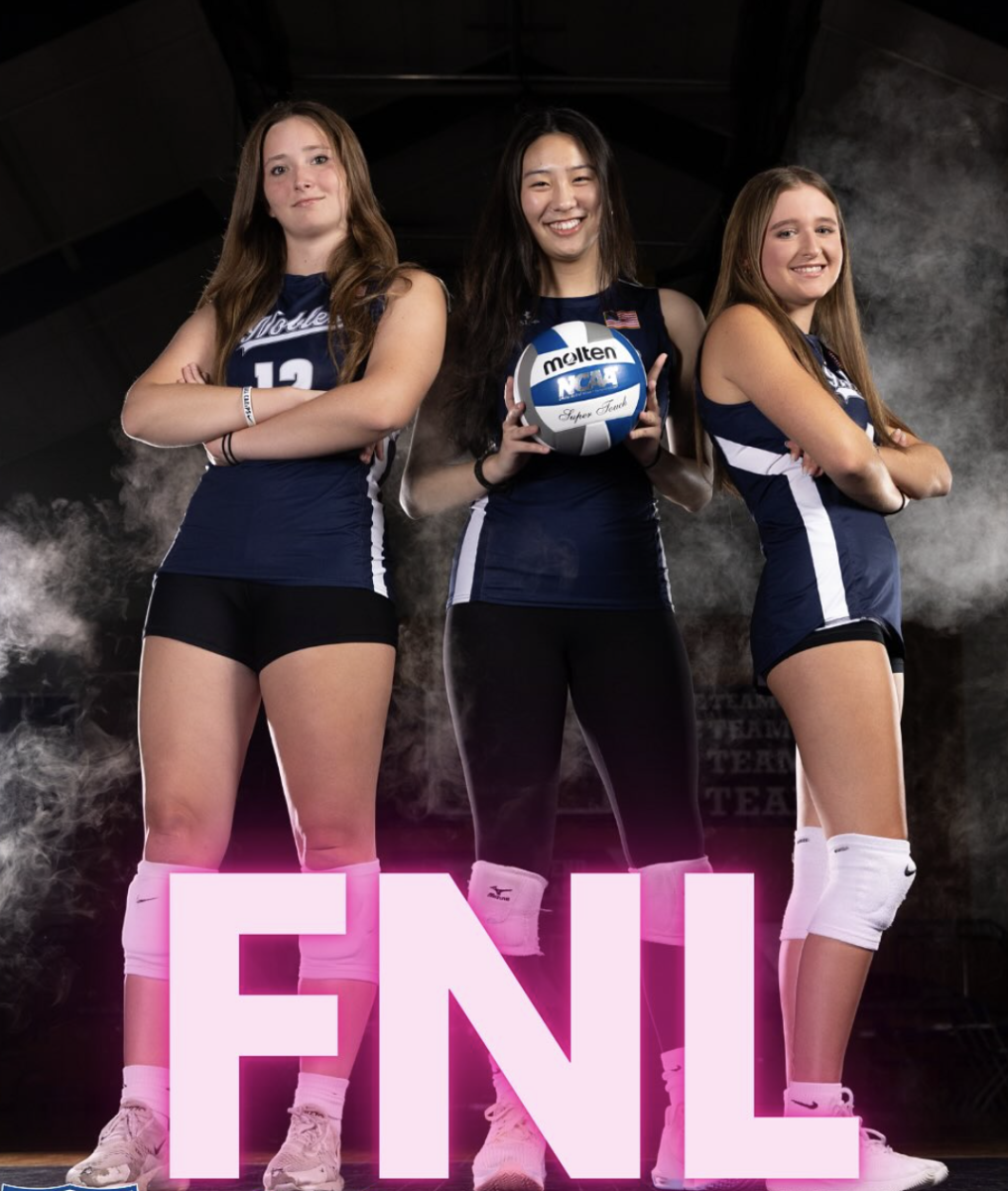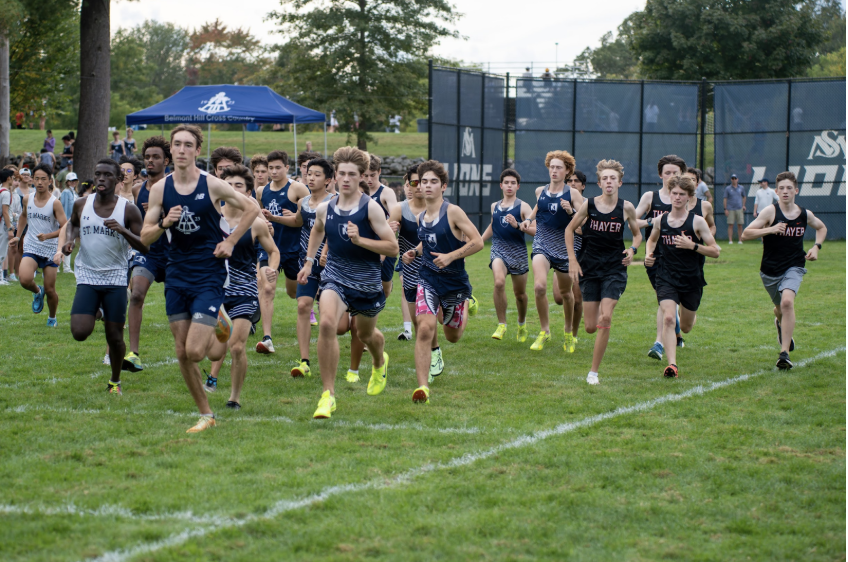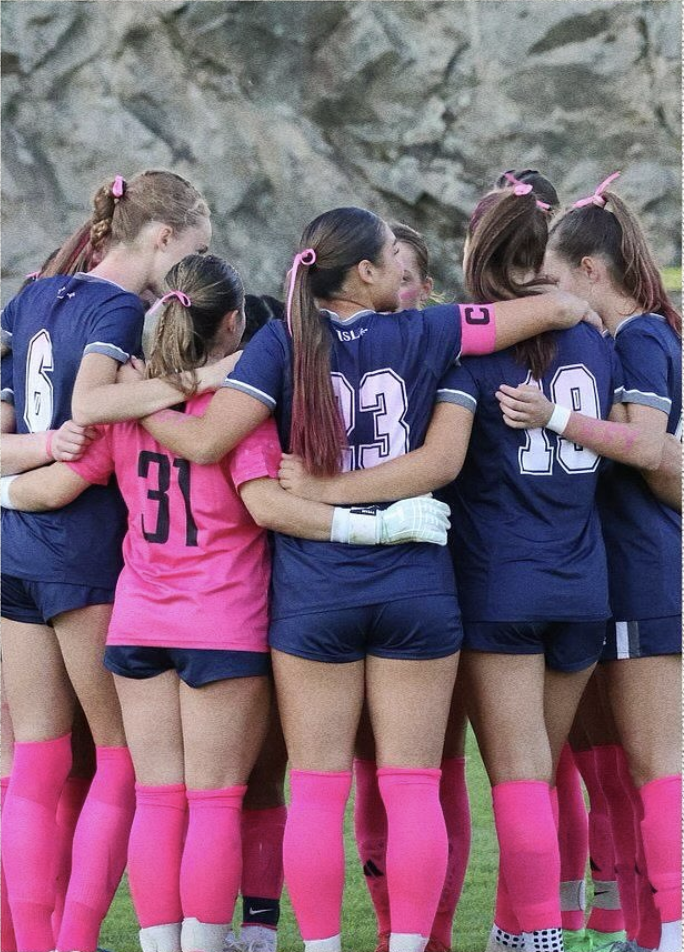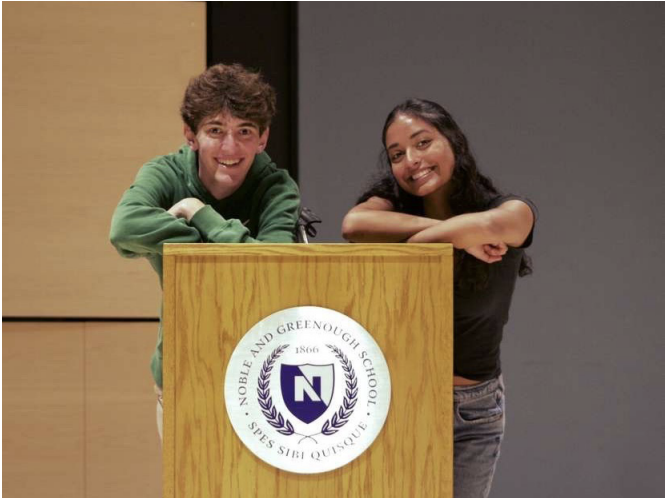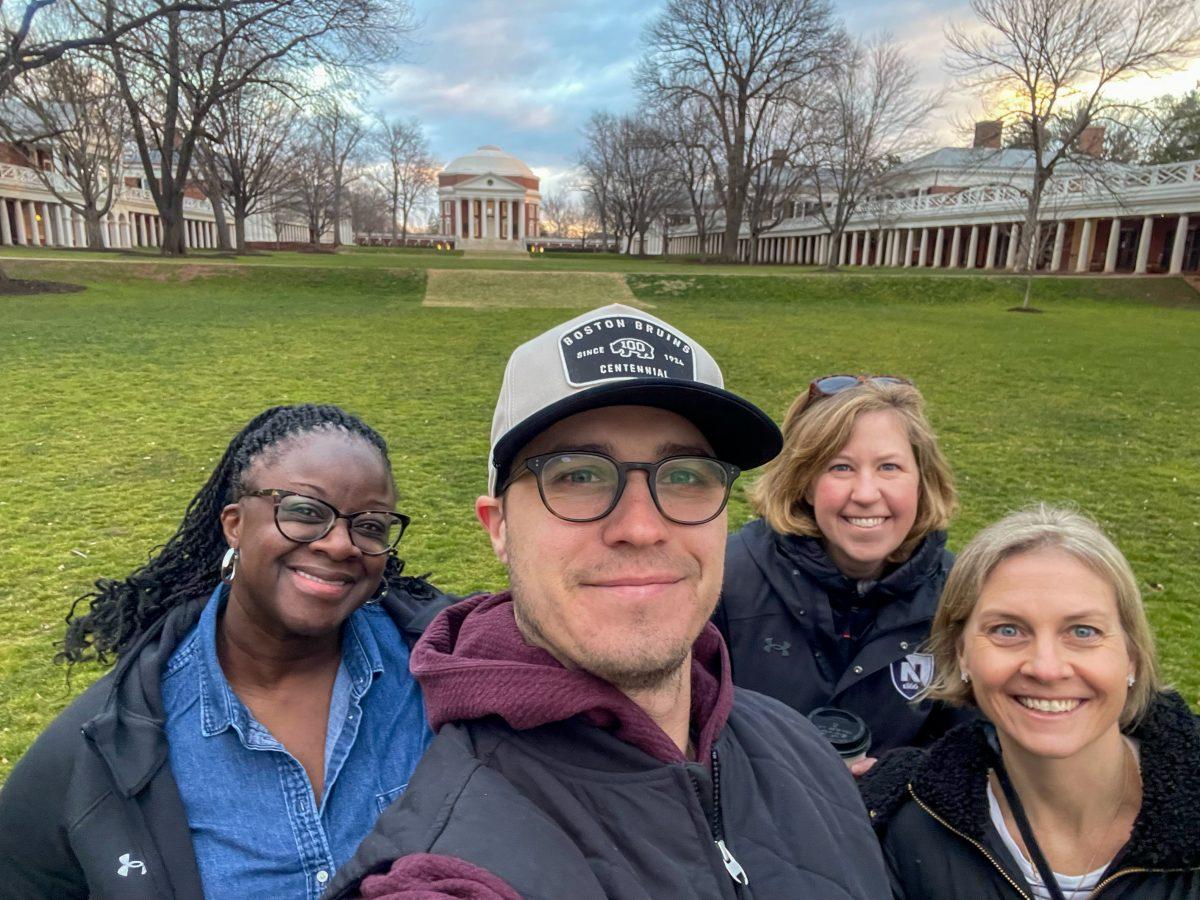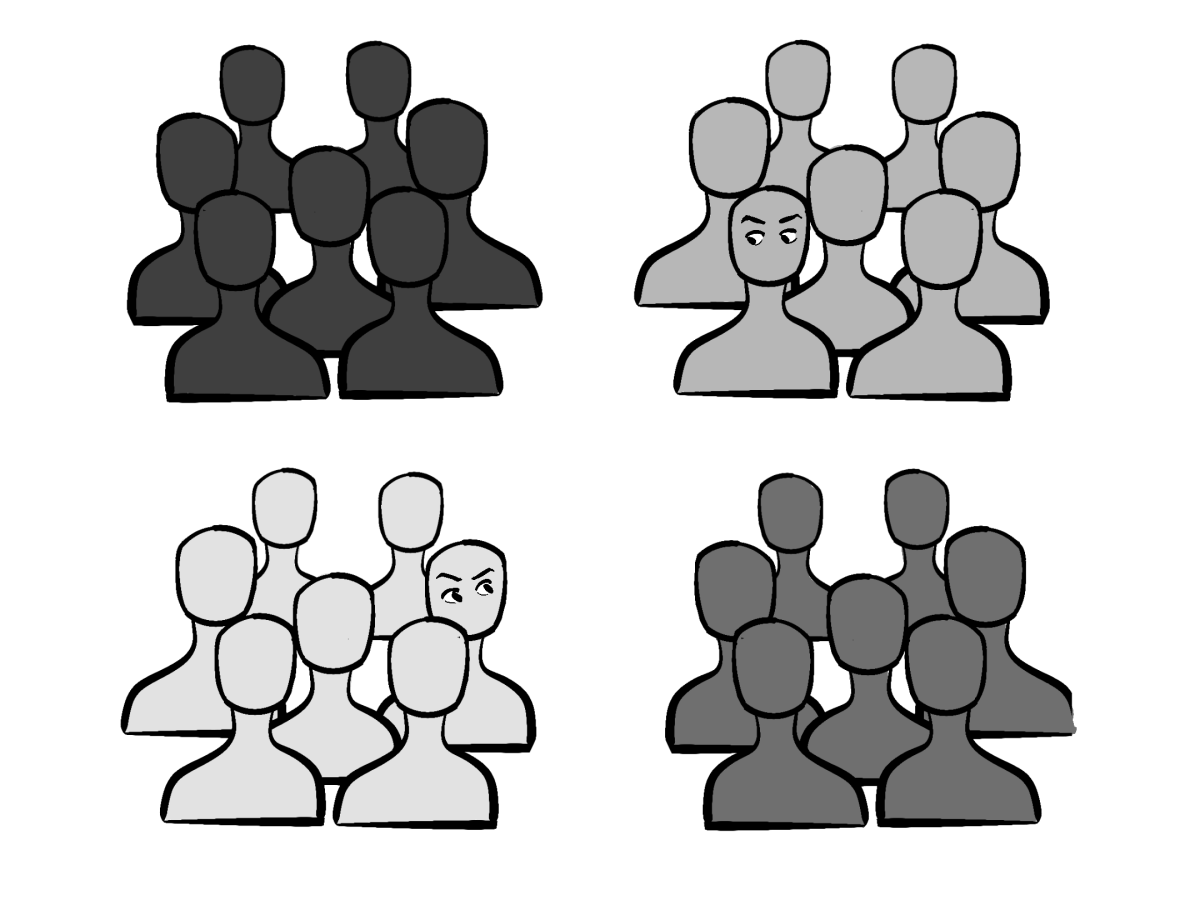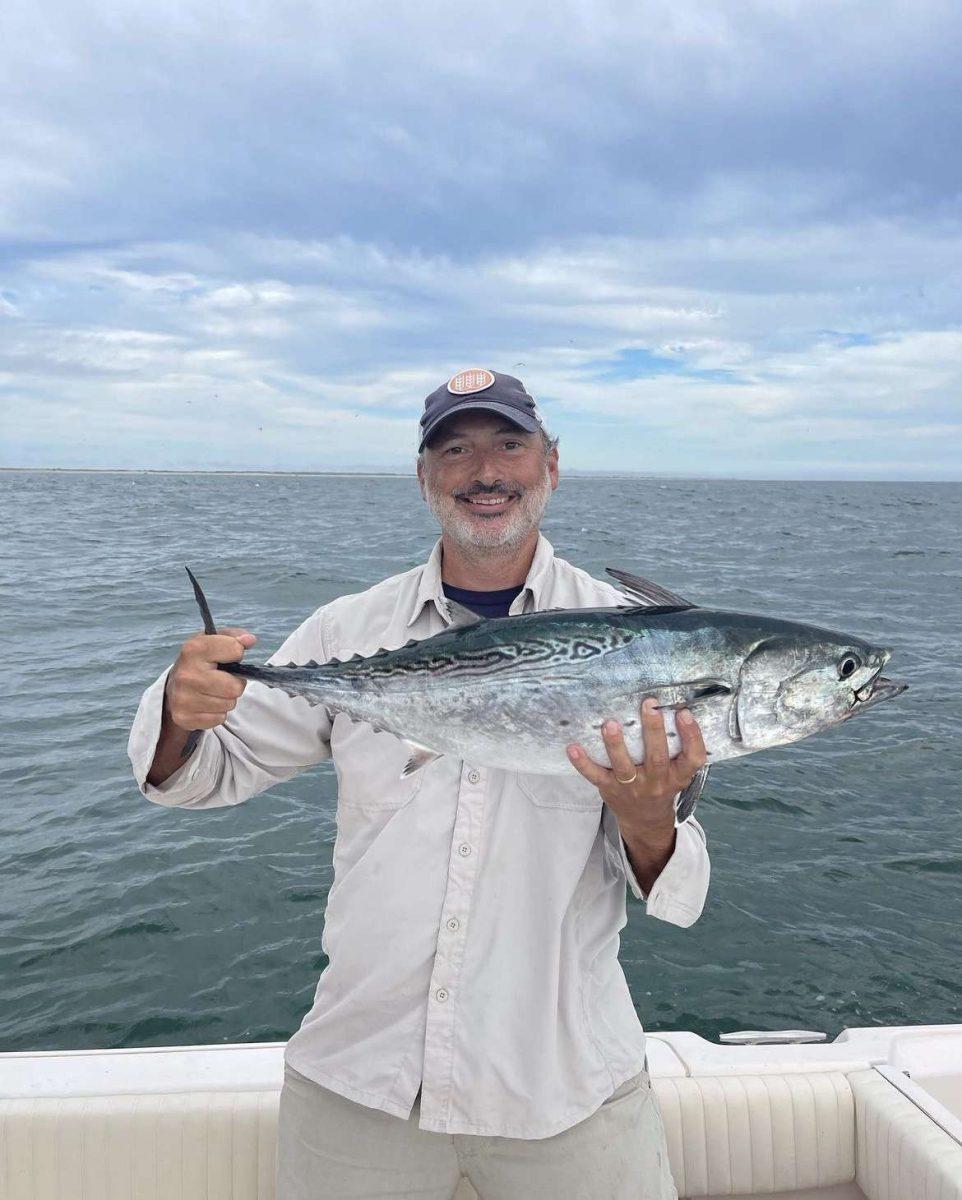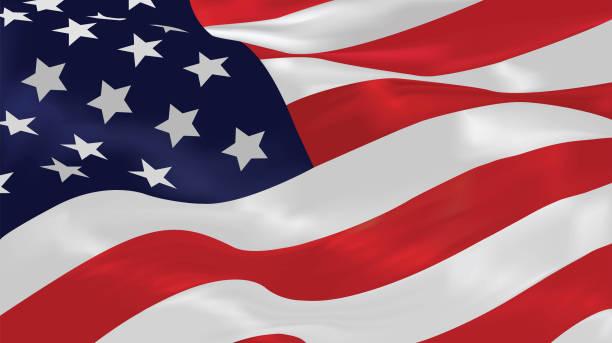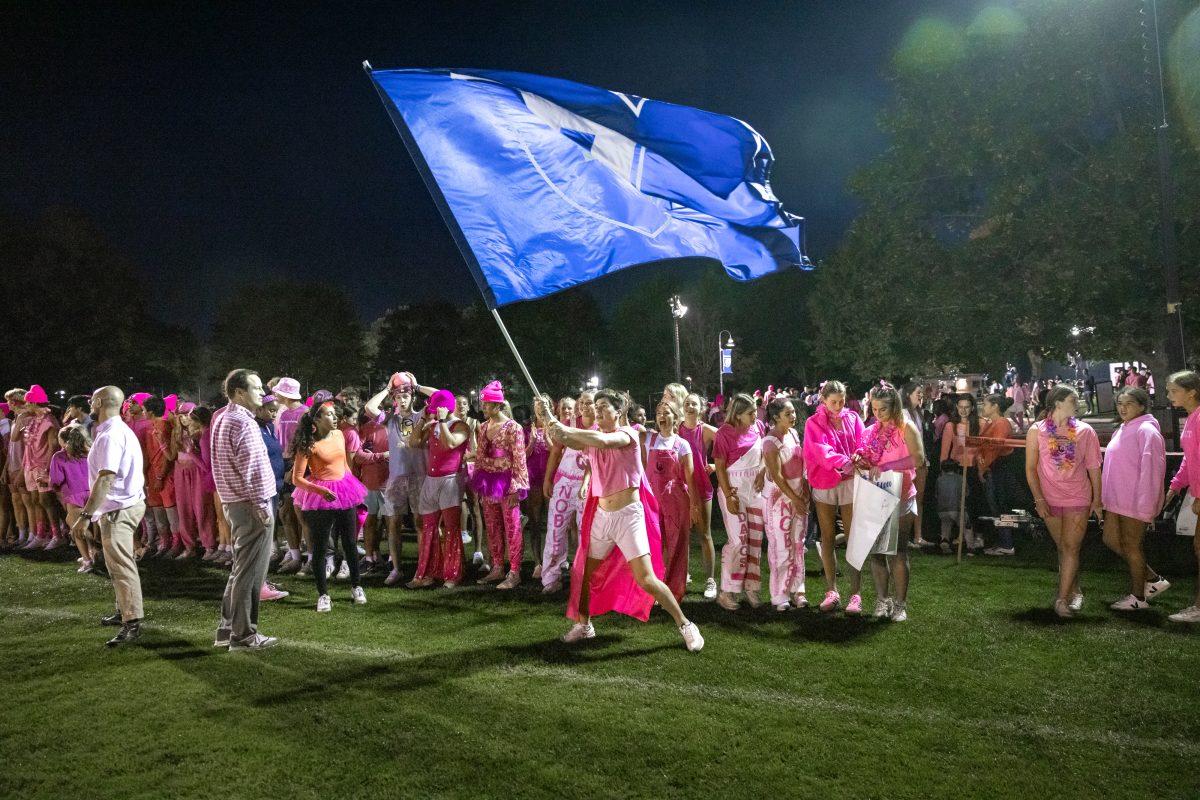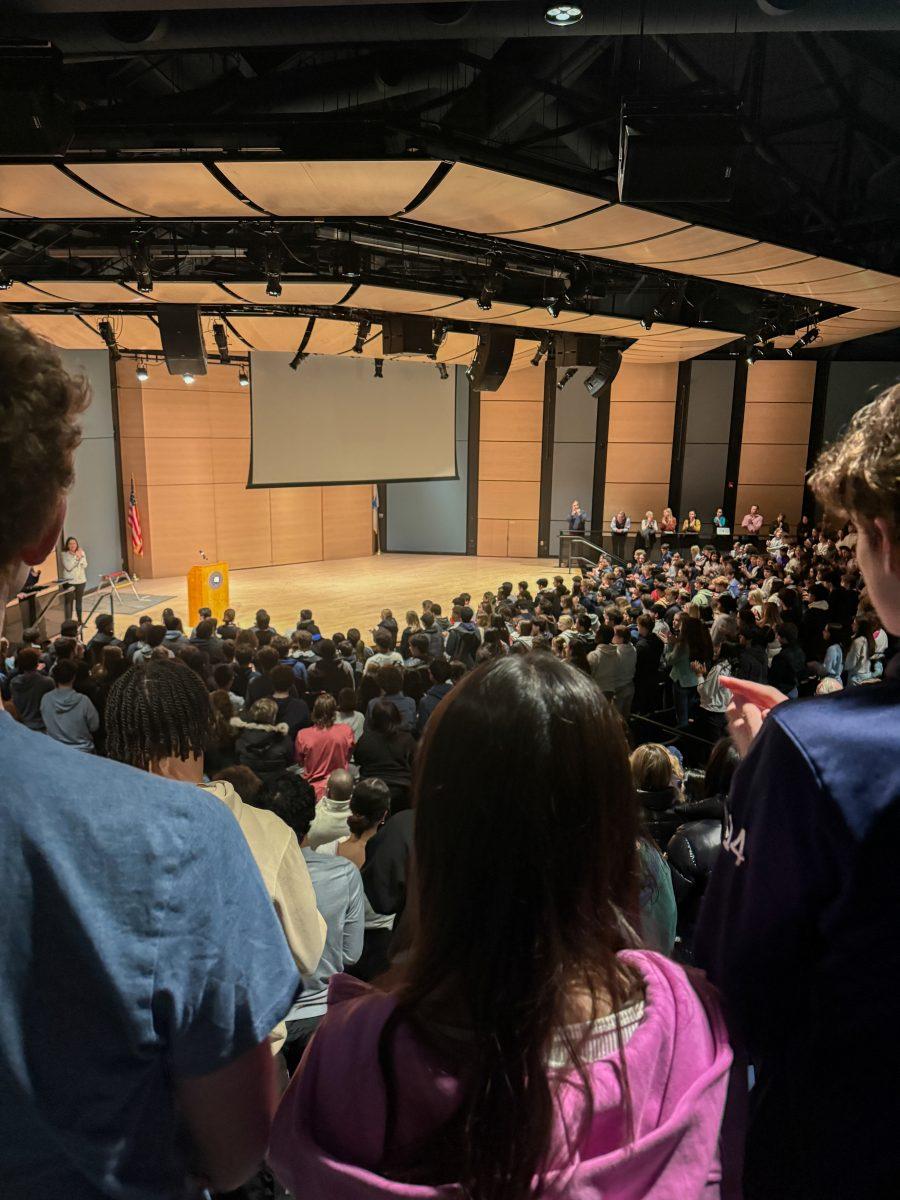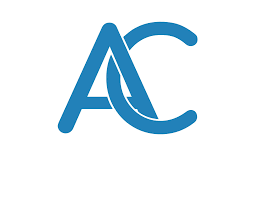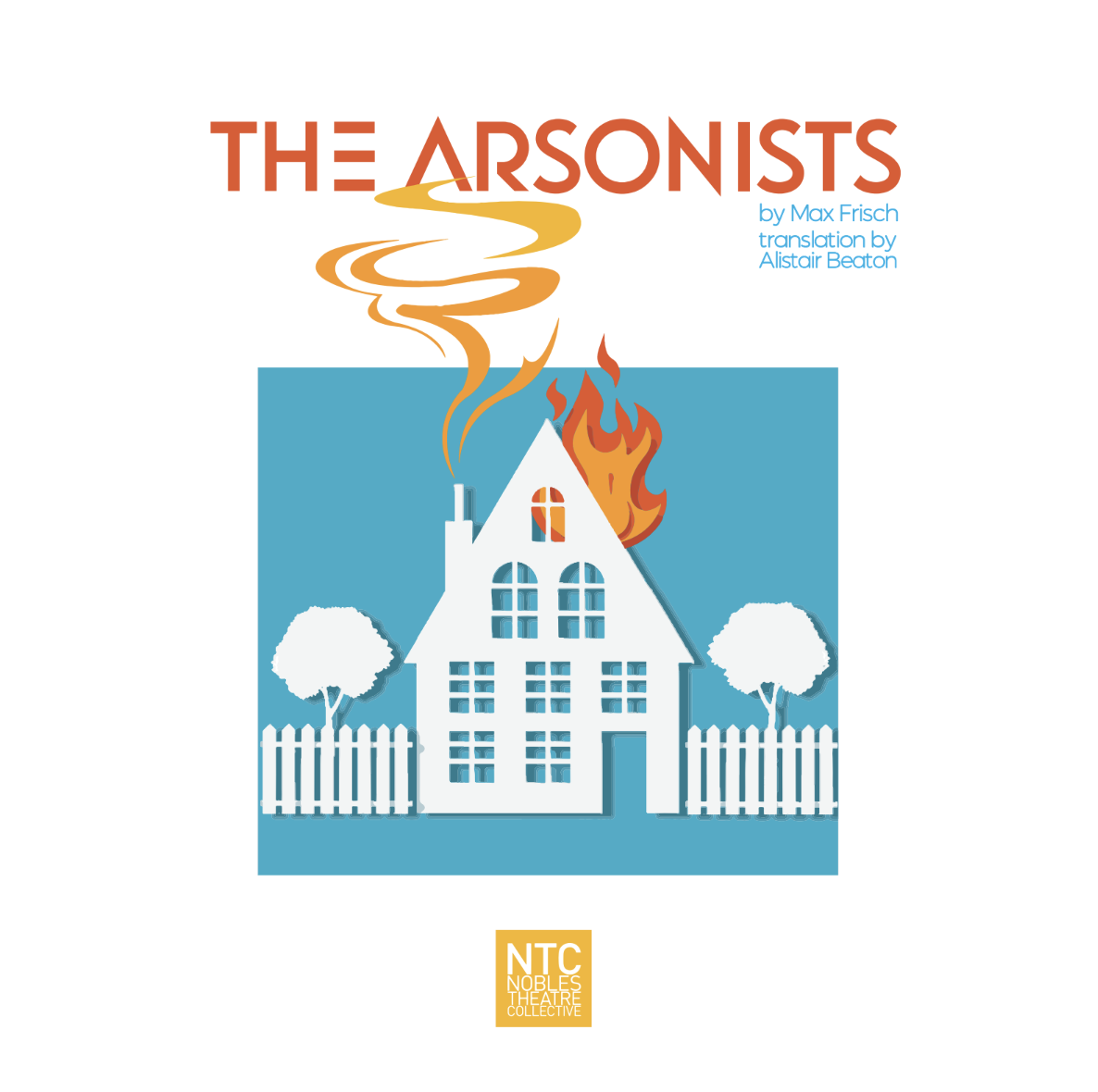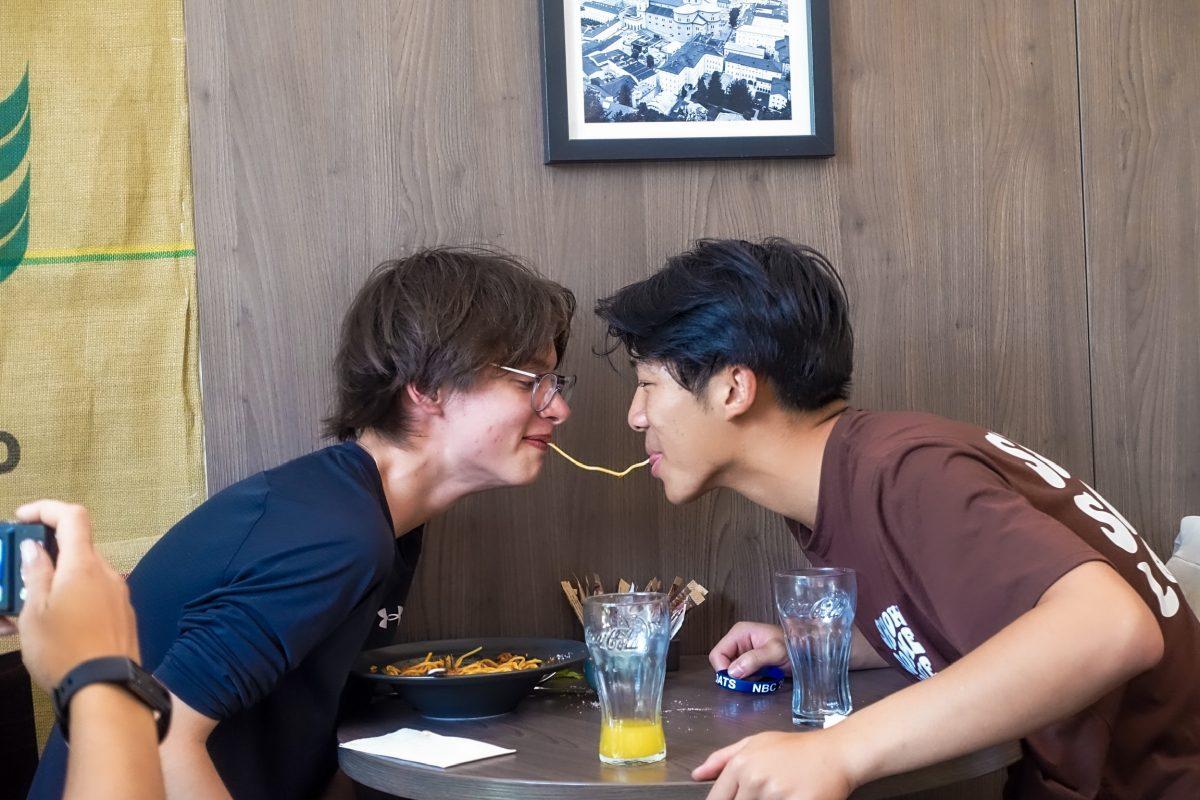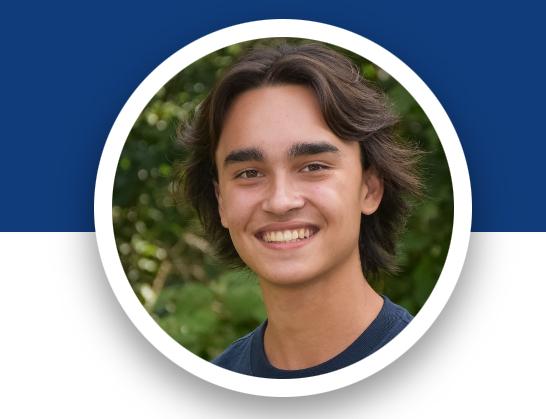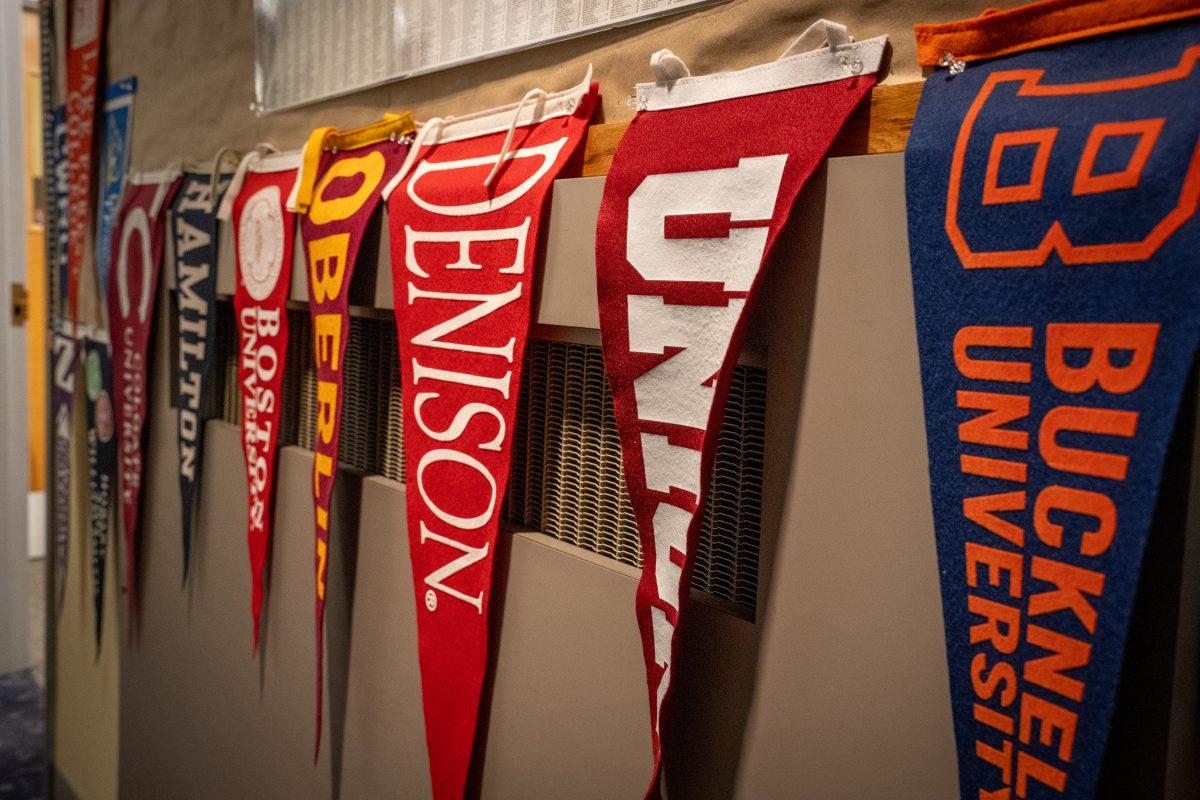Alan Cai, Business Manager
March 8, 2024
Occasionally, one may see a story pop up on their Instagram feed from the Nobles College Counseling office’s Instagram account (@noblescollegecounseling). Upon opening it, there is usually a short video of several college counselors walking around a pristine, gothic-style campus with a blurb describing the school that they are visiting. But when viewing these stories on Instagram, have you ever wondered why the counseling department tours schools? Isn’t that the job of prospective students? Moreover, what do they do on these tours and how do they decide where to tour?
Usually, the college counseling department will tour colleges throughout the spring and summer. “In the fall, a lot of colleges are here visiting us. So it wouldn’t really make sense for us to visit them, and also the fall is a busy time with college applications,” College Counselor Chris Pratt (N ’10) said. While most visits take place during the spring and summer months, the tempo of visits can vary widely. “There are no definitive [dates], but ultimately, when we can all find time together to be able to go and visit schools, that’s usually when we try and do it,” Pratt said.
The college counseling office decides which schools to tour based on several important factors. Pratt said, “What we’re looking for is are there [Nobles] students on campus and are there admissions reps that we work with on campus to be able to meet with and talk with? Those are two big things.”
Additionally, visiting colleges allows the counselors to gain a better understanding of the schools that they will later advise their students on. Pratt said, “Part of it is trying to get a better sense of those schools that we haven’t seen in a good amount of time to refresh what it is about [a certain college] that excites us and what has changed both [in terms of] infrastructure and curriculum.”
Finally, college visits allow the counselors to get a better understanding of general trends in college admissions and the type of fit that specific colleges are looking for. This can be especially helpful for institutions to which few Nobles students apply, meaning that there is not much in-house data for the college counselors to use when advising students. Pratt said, “We’ll meet with [our admission representatives] if we can. It’s a great opportunity for us to get a sense of trends they might be seeing within applicant pools and also just in general across peer institutions and their own institutional data. It’s also a great opportunity to ask questions about what they’re seeing as important things to note for our students.”
At the end of the day, the decision on what colleges to visit comes down to mutual agreement in the college counseling office. “We come to a consensus. It’s not like a set schedule, or one person is deciding where we’re going. It’s like, let’s put our heads together. Where do we think we should go? Where do we want to go? So it’s very democratic,” Pratt said.
Overall, trips by the college counseling department serve an important role in the college process, where counselors can familiarize themselves with the school culture, resources, and student life, while continually strengthening their relationships with admissions offices. In the competitive world of college applications, college tours have allowed college counselors to glean a more nuanced and insightful understanding of admission trends in order to better serve their students going through the admissions process.
(Photo Credit: Nobles College Counseling Office)

